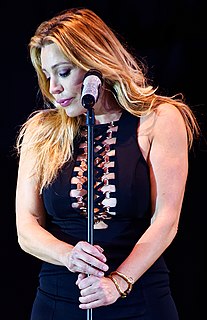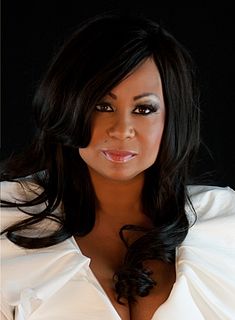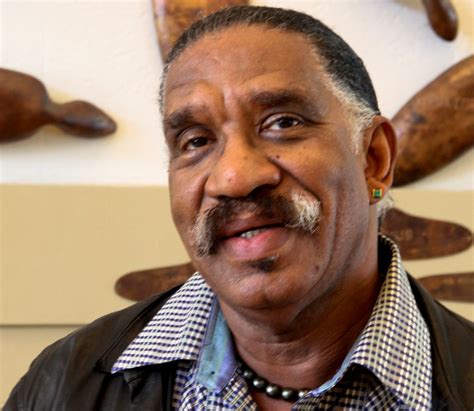A Quote by Taylor Dayne
Did people think I sounded black? Totally, but that was a marketing tool as well, but also this is how I grew up and these are my influences.
Related Quotes
Obviously, in marketing, the best tool is to show the autobiography in fiction. It's inevitable how that happens, but it's generic. Say I've written a story where my sister dies. 'Well, did your sister die?' No, she did not. But people use those straws to grasp at the difference between reality and fiction.
I would say I'm black because my parents said I'm black. I'm black because my mother's black. I'm black because I grew up in a family of all black people. I knew I was black because I grew up in an all-white neighborhood. And my parents, as part of their protective mechanisms that they were going to give to us, made it very clear what we were.
I grew up in Columbia, Maryland, a planned community built during the sixties. During the early years, it was very integrated. I grew up being taught by black teachers with black principals and vice principals and, you know, a lot of black friends. We played in mixed groups, and I kind of thought that was how it was.
I think people assume that because I talk the way that I talk that I grew up with money, and then I've had to say, 'No, I grew up poor.' And then I was like, 'Why do I have to play this game where the only black experience that's authentic is the one where you grew up in poverty?' I mean, it's ridiculous.
I mean, I've always felt like a lot of people's misconceptions of me have to do with how I grew up. I grew up poor, and I grew up rich. I think some people who have never met me have a misconception that when I was living with my father when he was successful, that I was somehow adversely affected by his success or the money he had and was making at the time.
I grew up in the midst of poverty but every black kid that I knew could read and write. We have to talk about the fact that we cannot educate for critical consciousness if we have a group of people who cannot access Fanon, Cabral, or Audre Lorde because they can’t read or write. How did Malcolm X radicalize his consciousness? He did it through books. If you deprive working-class and poor black people of access to reading and writing, you are making them that much farther removed from being a class that can engage in revolutionary resistance.




































